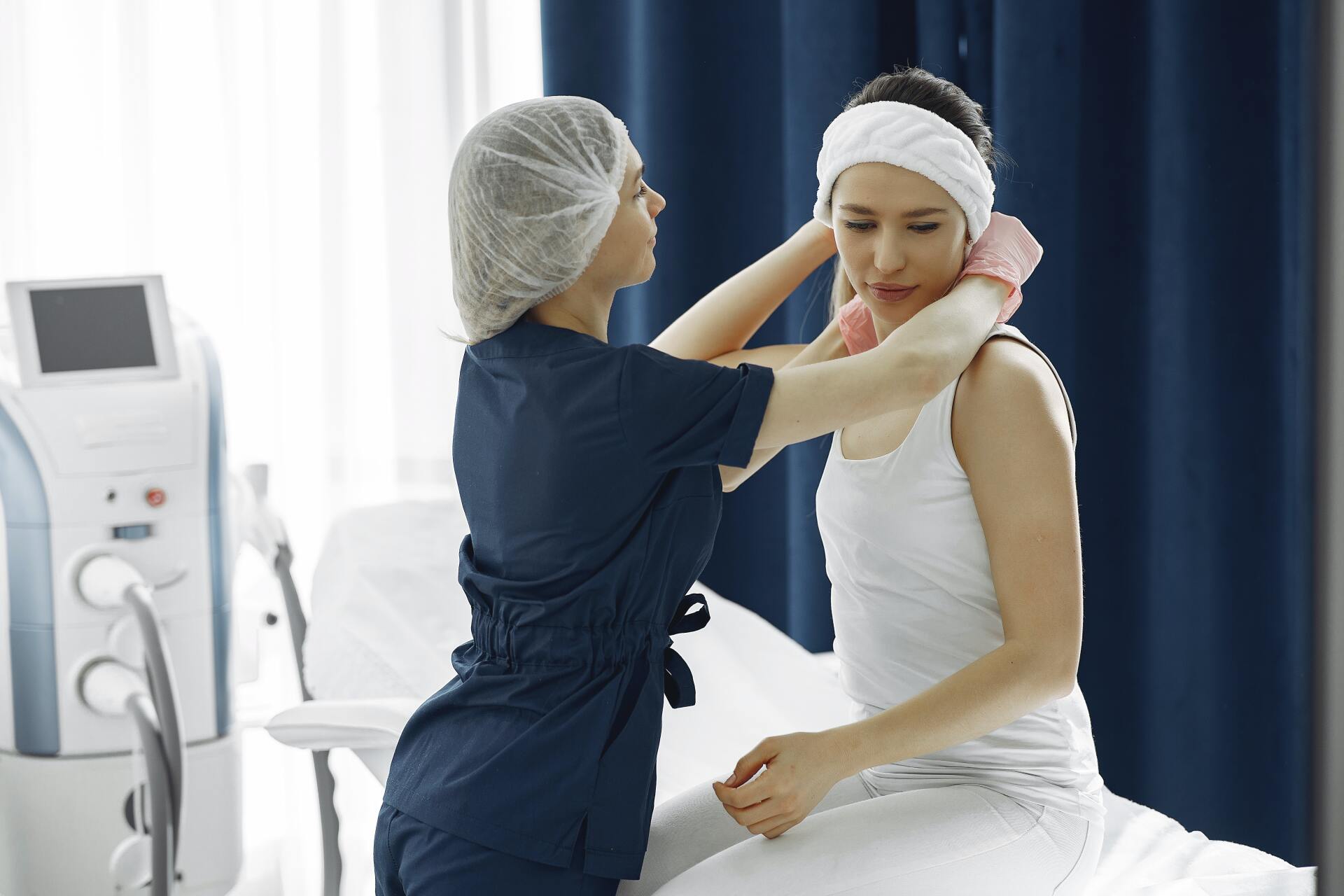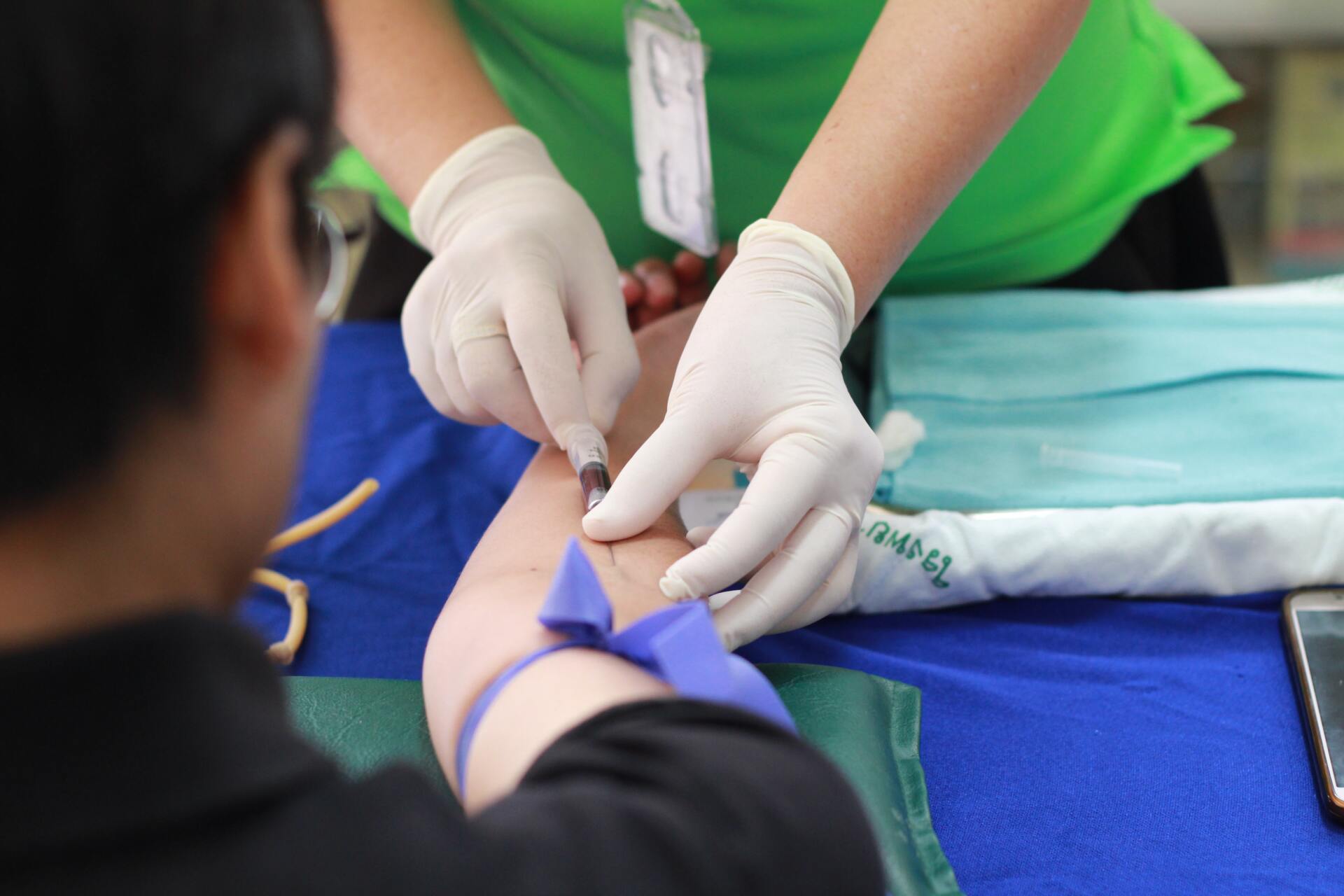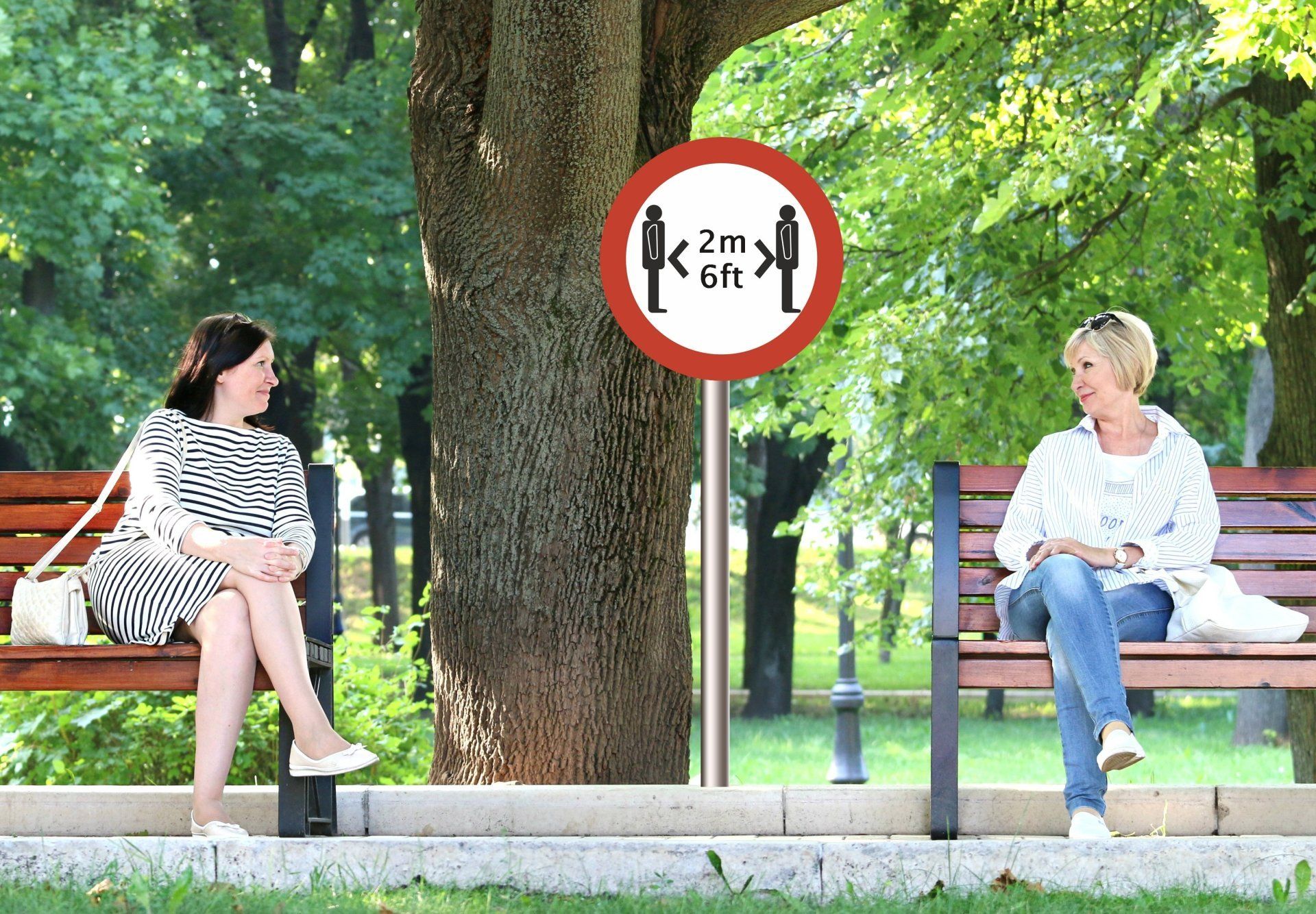How to become a healthcare assistant with no formal care experience?
What do healthcare assistants do?
The main responsibility of a healthcare assistant is to personally attend to the day-to-day needs of patients and ensure an acceptable level of comfort. Healthcare assistants work under medical practitioners like doctors or nurses. They support the medical fraternity by facilitating the administration of suitable medical care for patients.
In most settings like hospitals, nursing homes, and care homes, healthcare assistants assist patients with their daily needs like feeding, bathing, changing, dressing, and even toilet needs. They will also have to track and record vitals like blood pressure, temperature, and oxygen levels. They should promptly inform medical staff of any changes in the health condition of the patients under their care.
Additional responsibilities of HCAs in large facilities usually include documentation and patient record-keeping. Healthcare assistants in GP surgeries and hospitals may also have to sterilize and store medical equipment and prepare consulting areas. HCAs with advanced training can also draw blood for lab testing.
All new Healthcare assistants undergo training before they tackle their job responsibilities. Hence, lack of prior experience is not a concern if you are new to the field.
How to become a healthcare assistant?
Wondering how to become a healthcare assistant with no formal care experience?
Well, you should know that your attitude and approach to work are more important than just training or practice to handle this role. Compassion and good interpersonal skills are crucial when dealing with the sick, elderly, and vulnerable. Regardless of your experience level or training, you should be committed to helping a patient achieve an acceptable level of comfort when they are under your care.
Healthcare assistants must help a patient with bathing, going to the toilet, dressing, eating, and moving around. Although these are routine tasks, they are intimate. Hence, you should be able to respect their privacy and treat them with dignity while attending to these needs.
Healthcare assistants also need to be friendly, cheerful, and pleasant. They should appropriately address patient concerns and put their minds at ease. Formal training makes sense only if you are committed to caring and have the above-mentioned qualities.
Now, the good news is that you do not need any specific qualifications to become a health care assistant. If you are fluent in English and have a willingness to learn, you are set to get started in this field.
Most healthcare assistants begin as volunteers or as care assistants. Care assistants usually tend to the elderly and ill in their homes or residential care facilities. The experience they gain in such jobs proves valuable when they apply to jobs as healthcare assistants.
Even if you do not have any formal training or prior experience, you can apply for healthcare assistant jobs. Employers usually look for a genuine interest in caring for others and a passion for healthcare when hiring new healthcare assistants.
When an employer hires you, they will provide mandatory formal training for the role. During this training, you will learn about your responsibilities on the job and how to handle them. Senior staff members will mentor you and supervise your work till you become adept at it.
They will expect you to demonstrate your ability and commitment to the role before delegating any tasks without direct supervision. If your employer is satisfied with your performance during the probationary period, it can lead to a long-term position or contract.
New HCAs will also have to undergo the Care Certificate training. This work-based program ensures that all care staff follow a standardized approach while caring for patients. Through this training program, you will obtain the basic nursing skills and knowledge to handle the role.
Various advanced training programs are also available for healthcare assistants to acquire additional skills. Such training and certifications will play a big role in enabling you to progress in your career. It will make you eligible for senior roles and higher salary incentives.
Additional training and qualifications for healthcare assistants
Now that you know how to become a healthcare assistant with no formal care experience, let us explore the road ahead.
There is immense scope for growth when you are a healthcare assistant. Whilst many healthcare assistants prefer to continue in the same position for years, others use their HCA experience as a foundation for other careers in the healthcare sector.
Health care assistants in hospitals and nursing clinics often go on to receive additional training to record specialized medical data. Such training equips them to take baseline readings like blood pressure, pulse, blood oxygen level, and respiratory rate. Advanced training opportunities are also available for specialized skills like drawing blood.
Entering the medical field as a healthcare assistant opens diverse career opportunities in the future. Once you gain experience, you can progress from being a healthcare assistant to other medical, nursing, or clinical roles.
Healthcare assistants also have options to undertake nursing apprenticeships and training. You can also explore other healthcare genres like physiotherapy, emergency and paramedic training, and pharmacy based on your interest.


Quick Links
All Rights Reserved | Flexi Recruit Solutions | Reg. no.: 11896505








